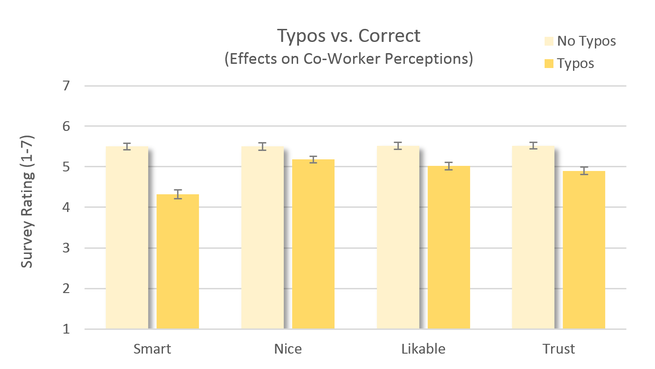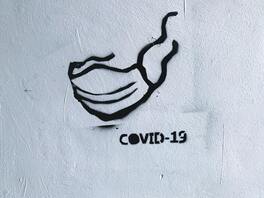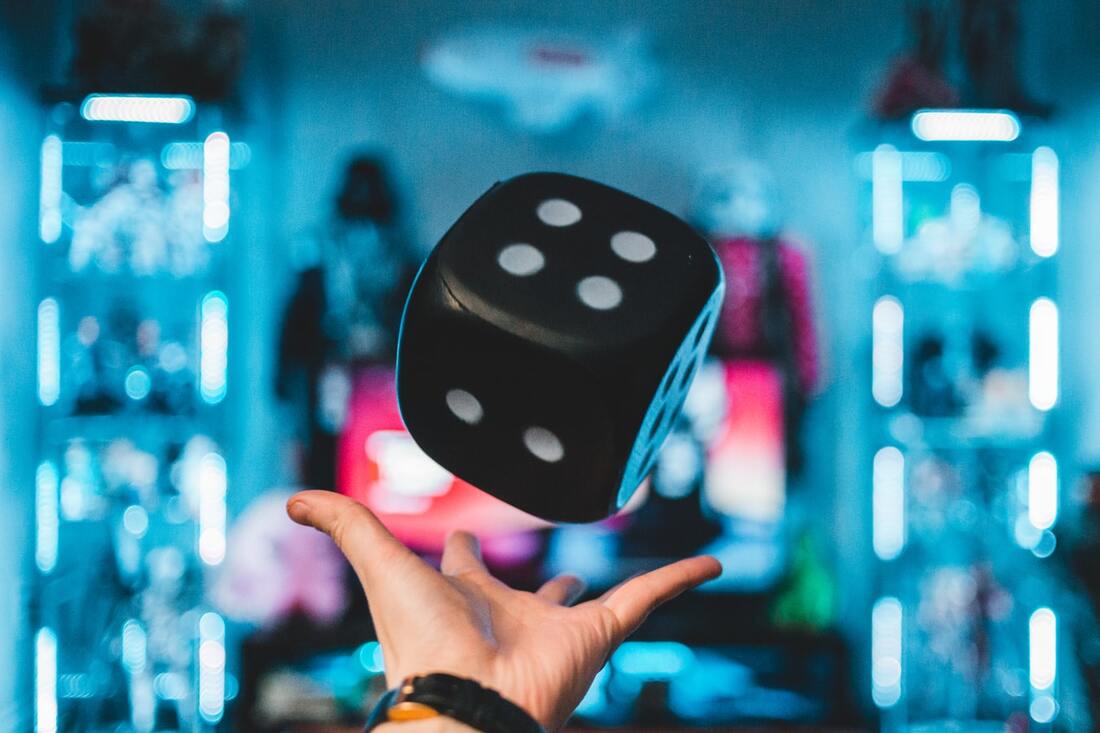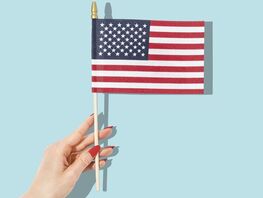Overview
We're all guilty of typing mistakes. Misplaced letters, missing punctuation, or the quintessentially wrong "there" have tripped up even the most prolific of writers. But some make more mistakes than others.
The lingering question is whether it actually matters, particularly in the working world. With spellcheck, auto-correct, and semi-autonomous brains that can read entire paragraphs of transposed letters, can a handful of typos really besmirch our image? Or is perfect prose merely the perfectionists' potemkin village?
We ran an experiment to find out. Using a hypothetical email that either did or did not contain typos, we measured readers' perceptions of how nice, smart, likable, and trustworthy the sender seemed to be.
The Experiment
We had 400 people from Amazon MTurk participate in a survey experiment, a vignette scenario involving a work email from our hypothetical boss, John. The email either included or did not include 4 minor typos, randomly assigned as a randomized controlled trial. After reading the email, participants rated a series of outcomes on a 1-7 scale with the preceding question "To what extent do you think each of the following words describe John? (1 = Not at all; 7 = Extremely)." The four outcomes (words) included:
* Smart
* Nice
* Likable
* Trustworthy
The typo email participants read is as follows:
We're all guilty of typing mistakes. Misplaced letters, missing punctuation, or the quintessentially wrong "there" have tripped up even the most prolific of writers. But some make more mistakes than others.
The lingering question is whether it actually matters, particularly in the working world. With spellcheck, auto-correct, and semi-autonomous brains that can read entire paragraphs of transposed letters, can a handful of typos really besmirch our image? Or is perfect prose merely the perfectionists' potemkin village?
We ran an experiment to find out. Using a hypothetical email that either did or did not contain typos, we measured readers' perceptions of how nice, smart, likable, and trustworthy the sender seemed to be.
The Experiment
We had 400 people from Amazon MTurk participate in a survey experiment, a vignette scenario involving a work email from our hypothetical boss, John. The email either included or did not include 4 minor typos, randomly assigned as a randomized controlled trial. After reading the email, participants rated a series of outcomes on a 1-7 scale with the preceding question "To what extent do you think each of the following words describe John? (1 = Not at all; 7 = Extremely)." The four outcomes (words) included:
* Smart
* Nice
* Likable
* Trustworthy
The typo email participants read is as follows:
Imagine that you work as a customer service representative at a furniture company. Your main job responsibility is to respond to customer emails about the company's products.
Your boss, John, just sent you the email below:
From: John Quentin
Sent: Monday, May 18, 2020, 9:37 AM
To: you@furniture.com
Subject: New Products
Good morning,
The company has decide to launch 3 new products, so we mihgt see an uptick in customer emails .
Let me knw if you have any concerns or questions.
Best,
John
Your boss, John, just sent you the email below:
From: John Quentin
Sent: Monday, May 18, 2020, 9:37 AM
To: you@furniture.com
Subject: New Products
Good morning,
The company has decide to launch 3 new products, so we mihgt see an uptick in customer emails .
Let me knw if you have any concerns or questions.
Best,
John
Results
So, do typos matter? Well, we double-checked the spelling and grammar on this page, because apparently they do. Making four typos in an email, even when you're the boss, reduced recipients perceptions of how smart you are by 21.5% (-1.18 points; p < 0.001), nice by 5.7% (-0.32 points; p = 0.009), likable by 9.0% (-0.49 points; p < 0.001), and trustworthy by 11.2% (-0.62 points; p < 0.001). As suspected, the reduction in how smart you seem takes the biggest hit. The results did not significantly differ based on age, gender, or education level.
So, do typos matter? Well, we double-checked the spelling and grammar on this page, because apparently they do. Making four typos in an email, even when you're the boss, reduced recipients perceptions of how smart you are by 21.5% (-1.18 points; p < 0.001), nice by 5.7% (-0.32 points; p = 0.009), likable by 9.0% (-0.49 points; p < 0.001), and trustworthy by 11.2% (-0.62 points; p < 0.001). As suspected, the reduction in how smart you seem takes the biggest hit. The results did not significantly differ based on age, gender, or education level.
Conclusion
Although just one or two typos here and there probably don't make you look quite so bad, our simple experiment with four typos shows it's probably not worth the risk, especially if you're trying to look intelligent. So if you suffer from chronic typos, no need to see your doctor. Just double check your emails before you hit send.
Although just one or two typos here and there probably don't make you look quite so bad, our simple experiment with four typos shows it's probably not worth the risk, especially if you're trying to look intelligent. So if you suffer from chronic typos, no need to see your doctor. Just double check your emails before you hit send.
Methods Note
We used ordinary least squares (OLS) regression analyses to test for significant differences in how smart, nice, likable, and trustworthy our email sender seemed between the typos and no-typos conditions. For significant differences, the difference between the two groups' averages would be large and its corresponding “p-value” would be small. If the p-value is less than 0.05, we consider the difference statistically significant, meaning we'd likely find a similar effect if we ran the study again with this population.
The survey materials and data for this experiment are available on our page on the Open Science Framework.
Methods Note
We used ordinary least squares (OLS) regression analyses to test for significant differences in how smart, nice, likable, and trustworthy our email sender seemed between the typos and no-typos conditions. For significant differences, the difference between the two groups' averages would be large and its corresponding “p-value” would be small. If the p-value is less than 0.05, we consider the difference statistically significant, meaning we'd likely find a similar effect if we ran the study again with this population.
The survey materials and data for this experiment are available on our page on the Open Science Framework.
Popular Experiments
COVID MasksDoes wearing a COVID mask affect how others think of you?
|
Video GamesAre video games more enjoyable than board games?
Does age or gender matter? |
Zero-Sum PoliticsDo Democrats or Republicans view society as win-lose?
|





